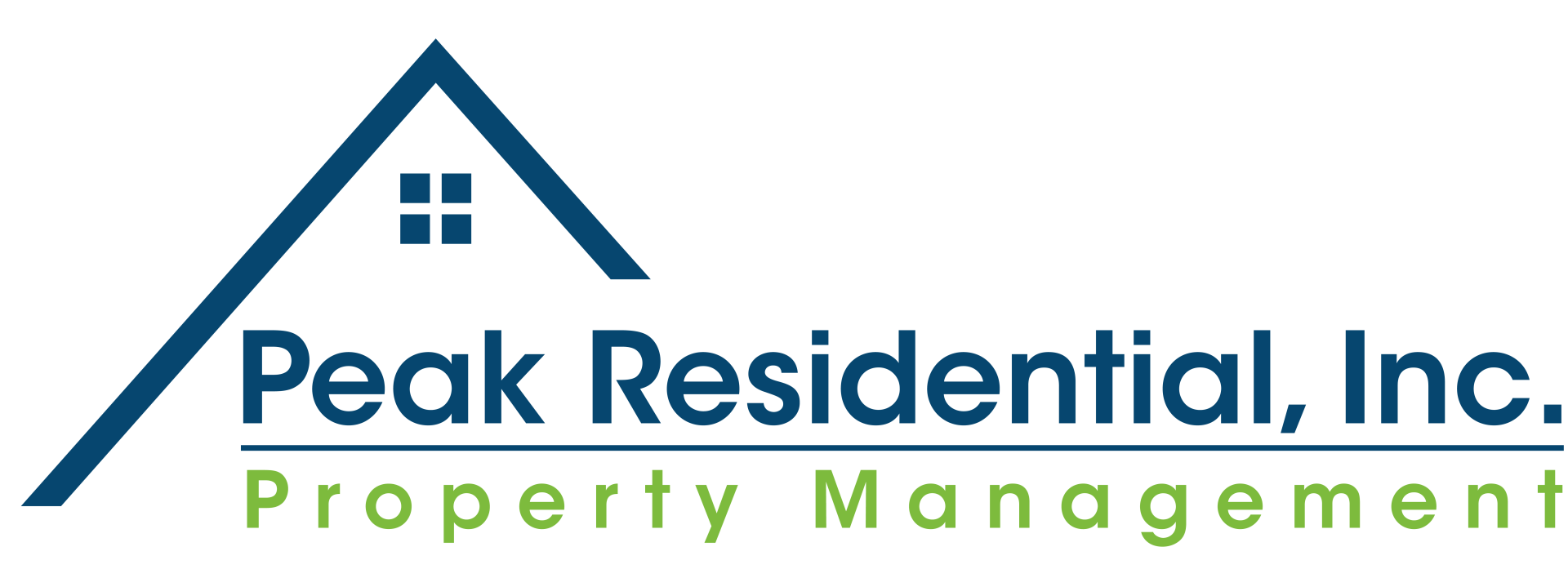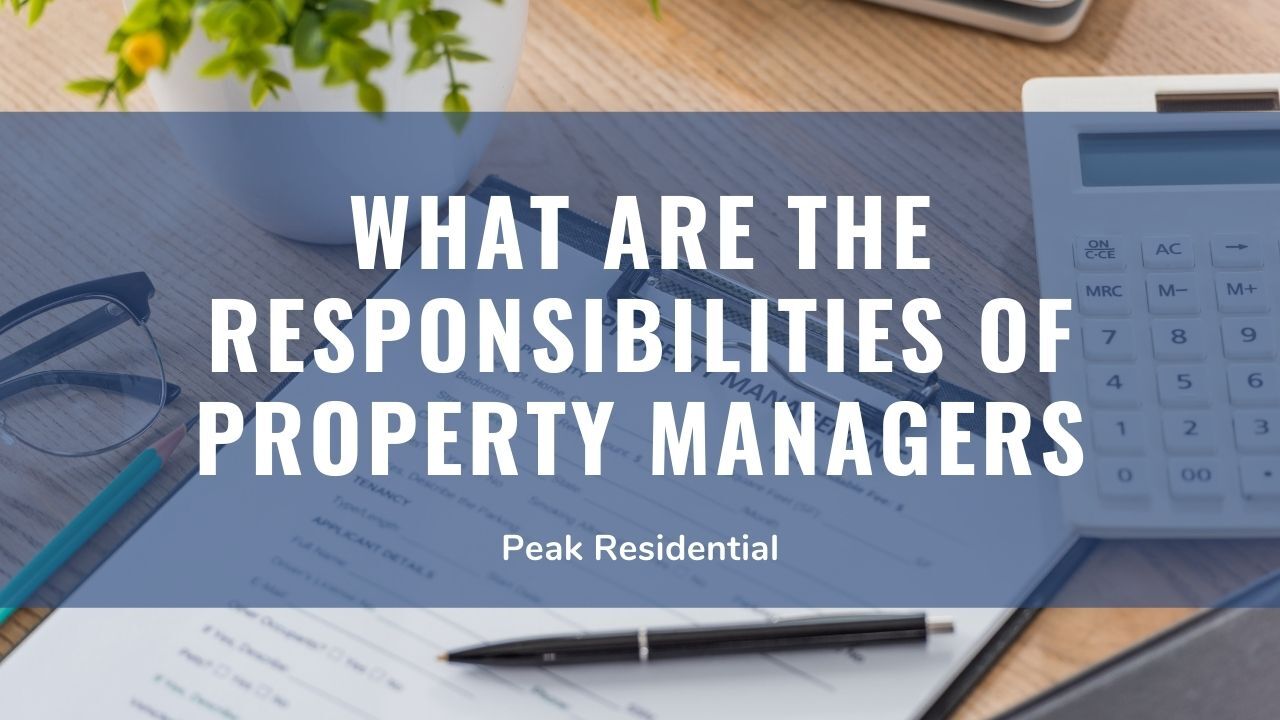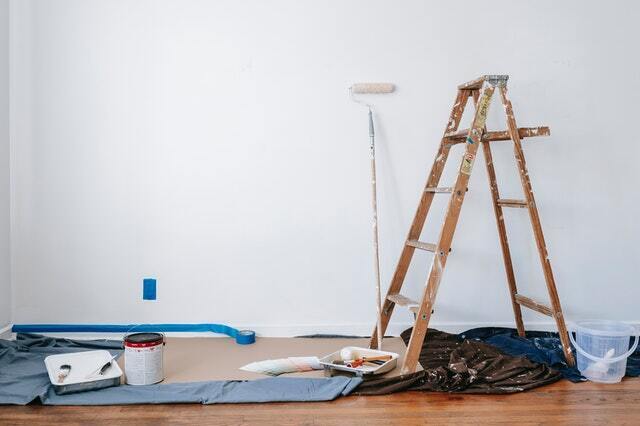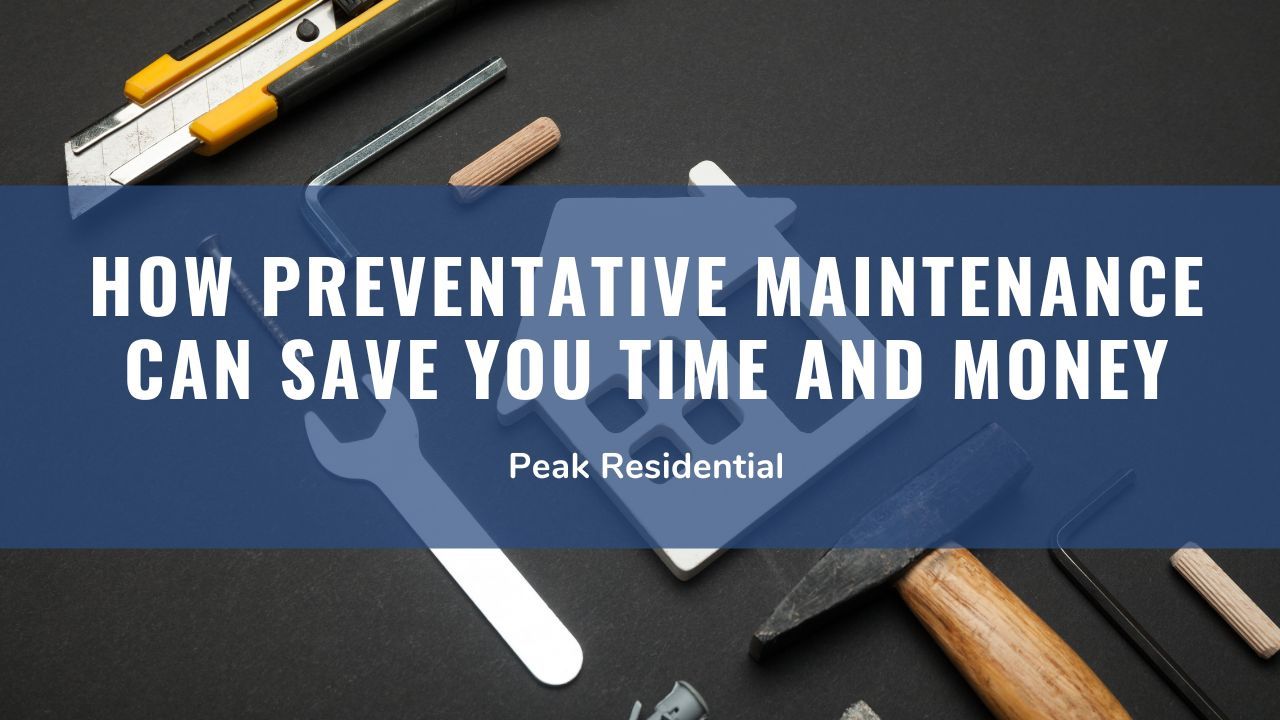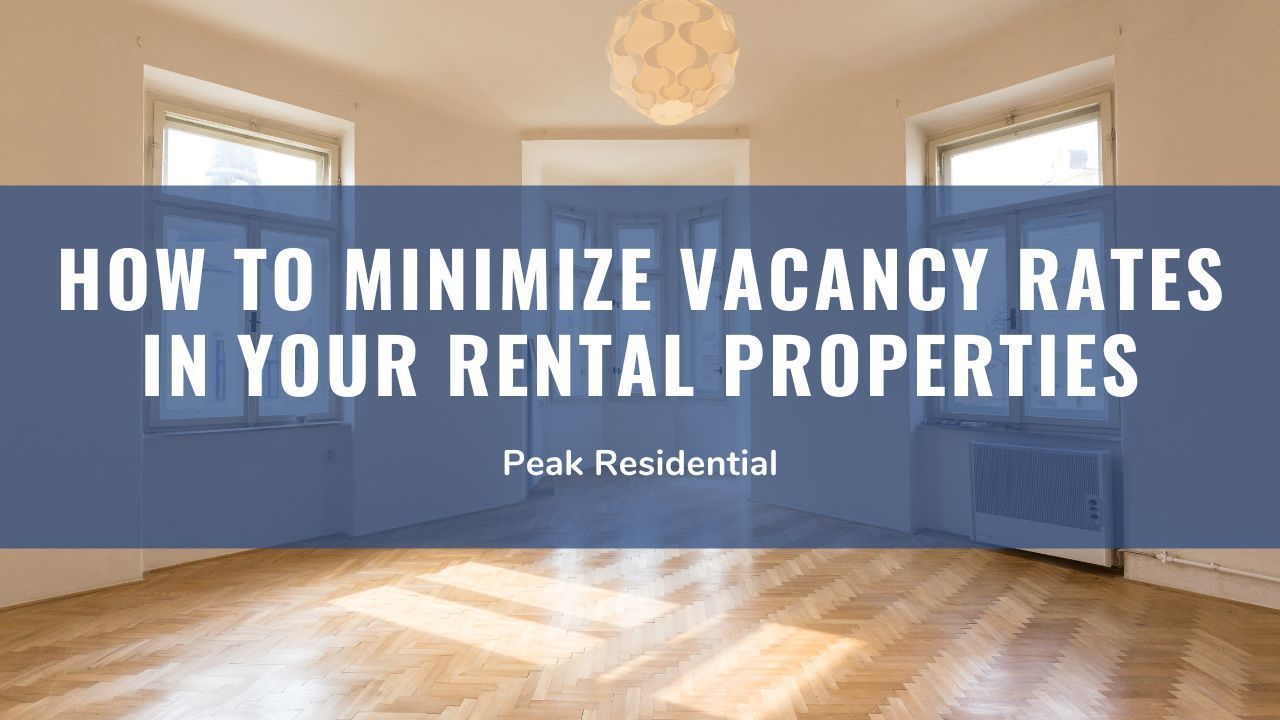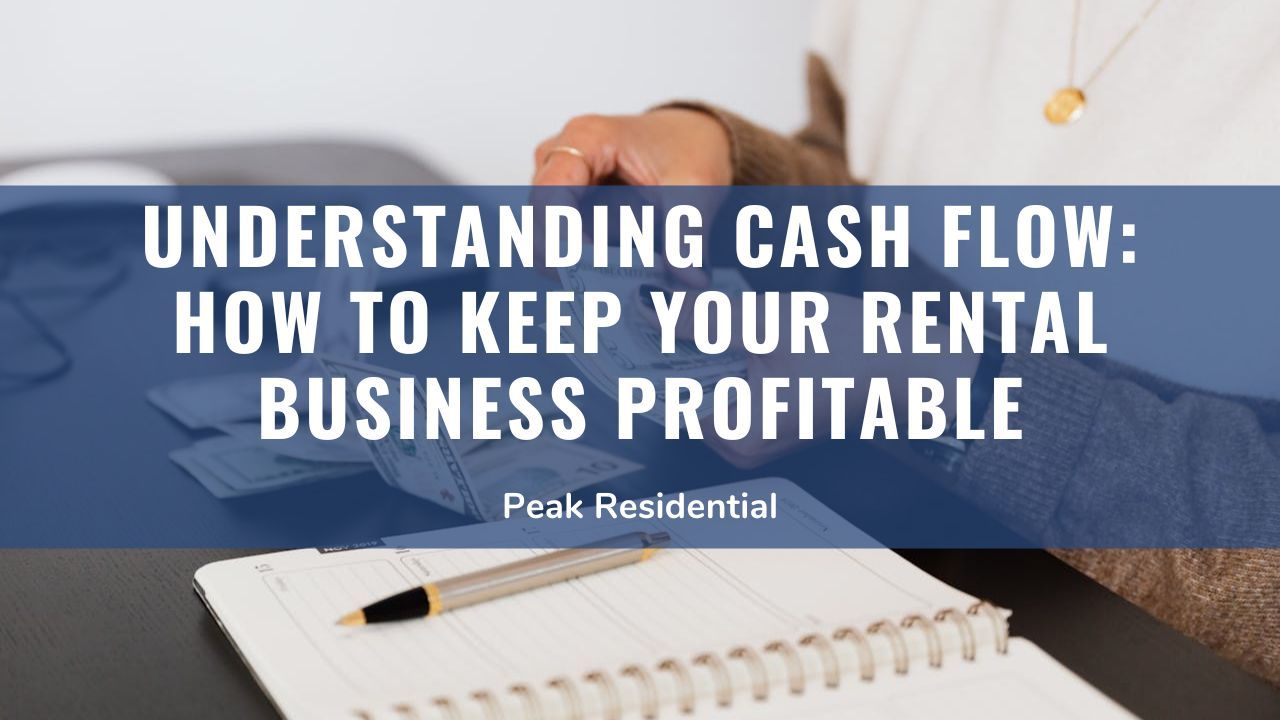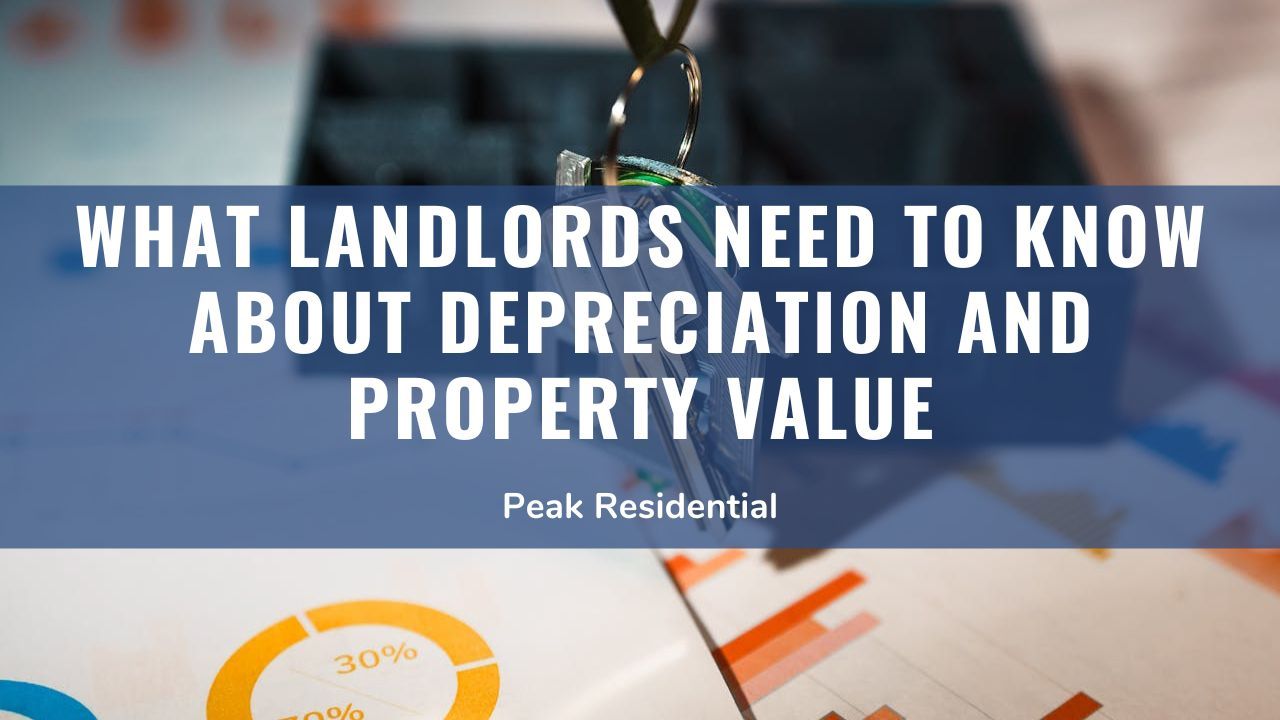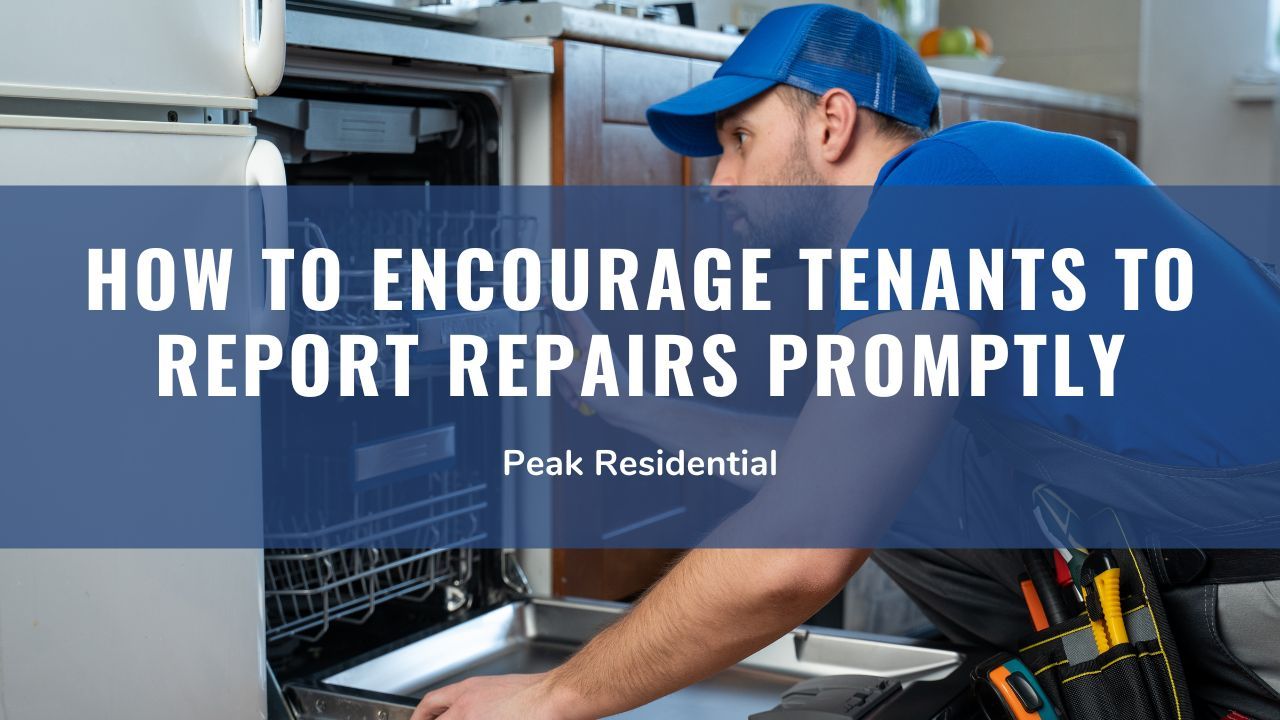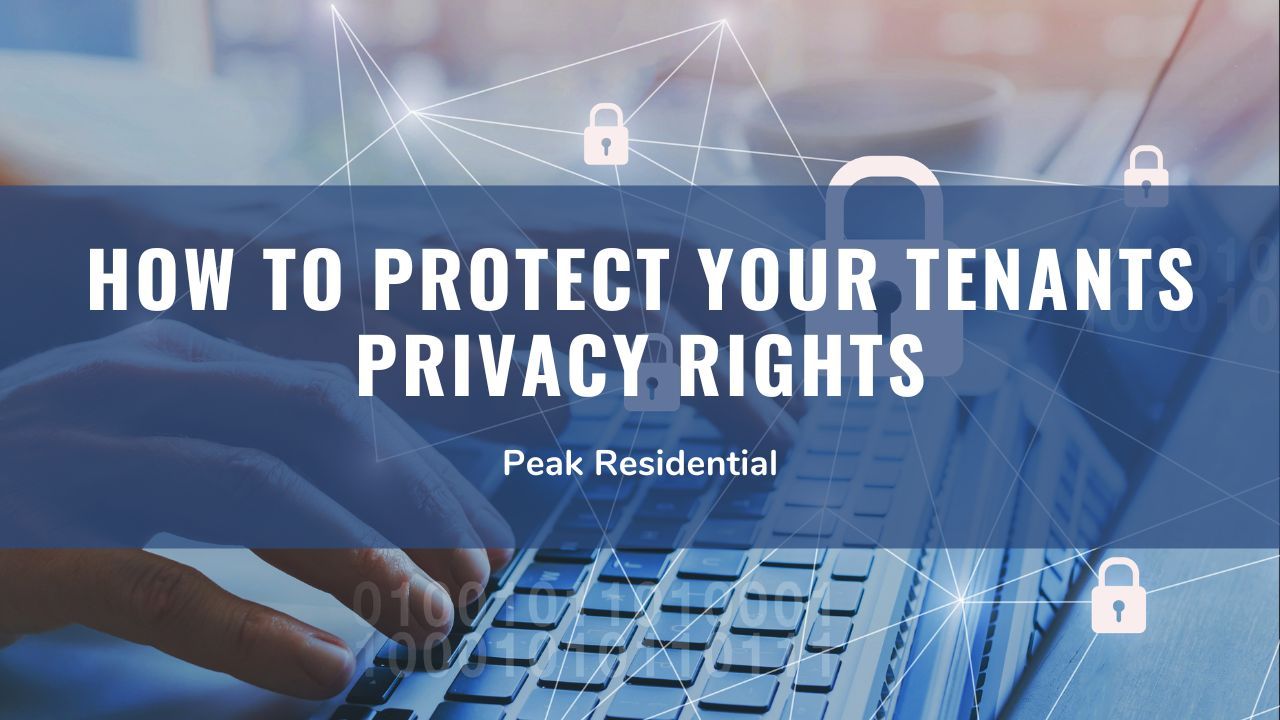What Are the Responsibilities of Property Managers
Becoming a property owner is many people’s dream. Unfortunately, the value of a property will inevitably go down if it is not maintained regularly. There is a lot of work involved in keeping your newly acquired home or office hot on the market. Keeping the property up to par with the contemporary market trends and rental values is a challenge in and of itself, warns Ten Key Remodels.
Renting a property further complicates things. Dealing with renters and tenants every day entails performing numerous daunting, ongoing tasks at once and addressing complaints and emergencies as quickly as possible.
Whether you choose to accept the responsibility of property management yourself or prefer to hire a professional property manager, there are a few things to consider. New, inexperienced landlords who take on the role of property managers, especially if they already have a full-time job, may be at risk of burnout.
Property management is a full-time job in its own right, especially when considering the full scope of property management services. That is why many new property owners opt to hire a property manager to protect their investment and spare themselves stress and hassle. So what are the responsibilities of a property manager?
Key Duties
Hiring a property manager is always strongly recommended, especially if you own multiple properties. Taking care of all your properties could take up a lot of your time and energy. More importantly, being an owner does not include the necessary expertise needed to increase returns, reduce risks and be efficient.
That is where a property manager jumps in to ensure your investment flourishes. In general, their responsibilities involve looking for tenants, marketing, dealing with expenses and rent.
1. Evaluating Rent
The point of leasing out a place is to earn money. Setting up the right rent can be difficult if you don’t have experience in the field or if you disregard the current trends and prices of other similar properties.
It is crucial to find the balance between a price that’s too high and too low while remaining competitive in the scope of rates of other properties. Finding that sweet spot is where a property manager thrives. You need somebody to be on the lookout for fluctuations of rents and timely adjust your property’s price.
2. Looking for Tenants
One of the toughest challenges of a property manager is to find a good tenant. Firstly, managers need to find potential tenants for a rental property. They do this by using brochures, flyers, online platforms, real estate websites, etc.
Next, they need to bridge tenants’ and owner’s requests and find someone who is reliable. It is their responsibility to find out what the owner is looking for in their potential tenants and select them accordingly.
Like job interviews, applicants undergo several checks to ensure that they’re trustworthy and a good fit for the property. Managers are in charge of these
extensive background checks until they choose the best candidate. It is typically a long and arduous process, so owners find their assistance with this process immensely helpful. They examine everything from the prospective tenants’ income and credit to their rental and criminal history.
3. Regular Maintenance and Inspection
Good communication with the occupying tenant will allow a property manager to tackle problems efficiently. It is vital to maintain the property. Everything has to be up to standard to keep both the tenant and the owner happy and stay competitive.
Another aspect is finding professionals to perform regular checks and repairs that will suffice, both in price and performance. A frequent inspection will provide information about minor and major repairs needed to keep the property in shape. The owner will get a report regularly to be able to plan ahead of the investment in maintenance.
4. Handling Bills and Administration
The manager will handle all the monthly bills and subtract the amount from the rent. All administrative obligations also rest on the property manager. Leasing, record-keeping, annual reports, communication with the tenant are all included in the scope of their daily duties.
5. Open Communication
You can’t provide quality service and respond to tenant’s requests if there’s a lack of open communication. Things get worse if you, as an owner, don’t like to communicate or can’t find the time. A property manager is here to secure an open channel between the tenant and the landlord.
The property manager can resolve every issue fast and provide both parties with all necessary information. Also, you can establish the frequency and mode of communication with your manager in a way that works best for you. They can work around your schedule and adapt to your needs.
If you’re unsure of what responsibilities the manager should have or how often they should report to you, discuss these matters with them frankly and directly to ensure that you’re on the same page. You can efficiently remedy these and similar concerns when you work with a reliable and approachable property manager and keep the lines of communication open.
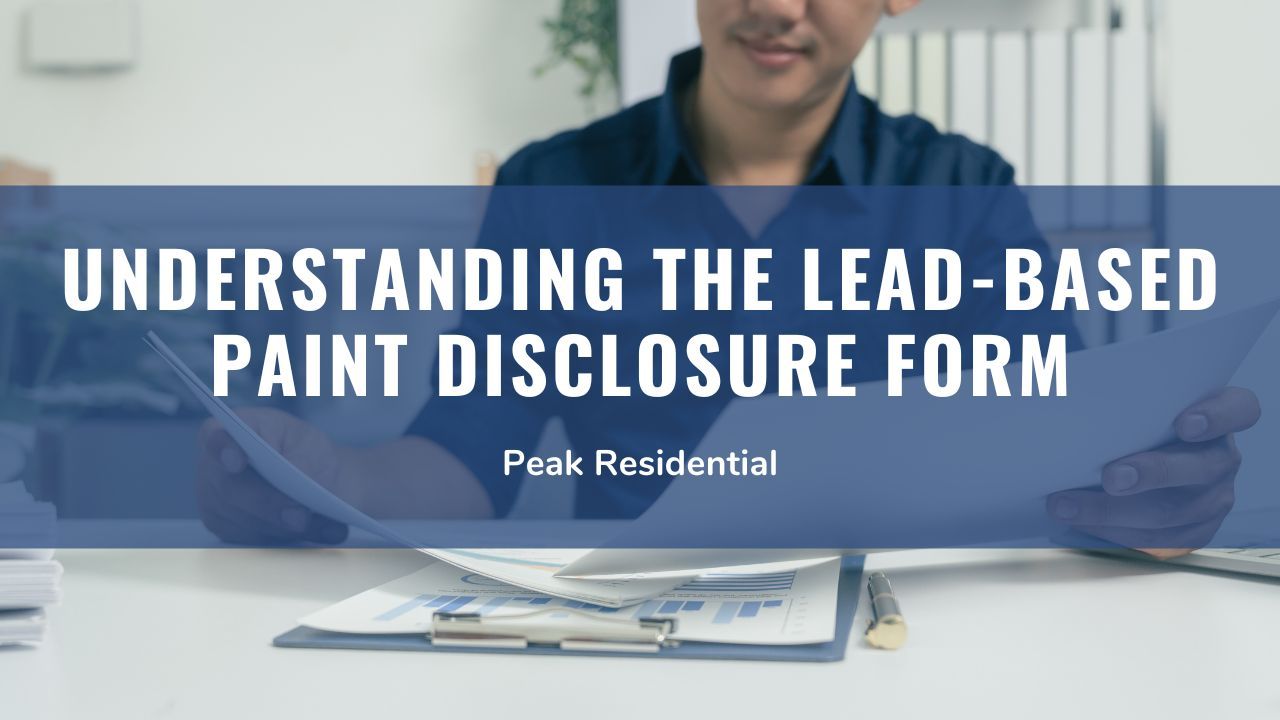
Peak Residential, Inc.
8:30am - 12pm & 1pm - 5pm Monday - Friday (Office Visit by Appointment Only
Sitemap | Privacy Policy | Accessibility | DRE Lic #02133123
© All Rights Reserved.
Peak Residential, Inc.

